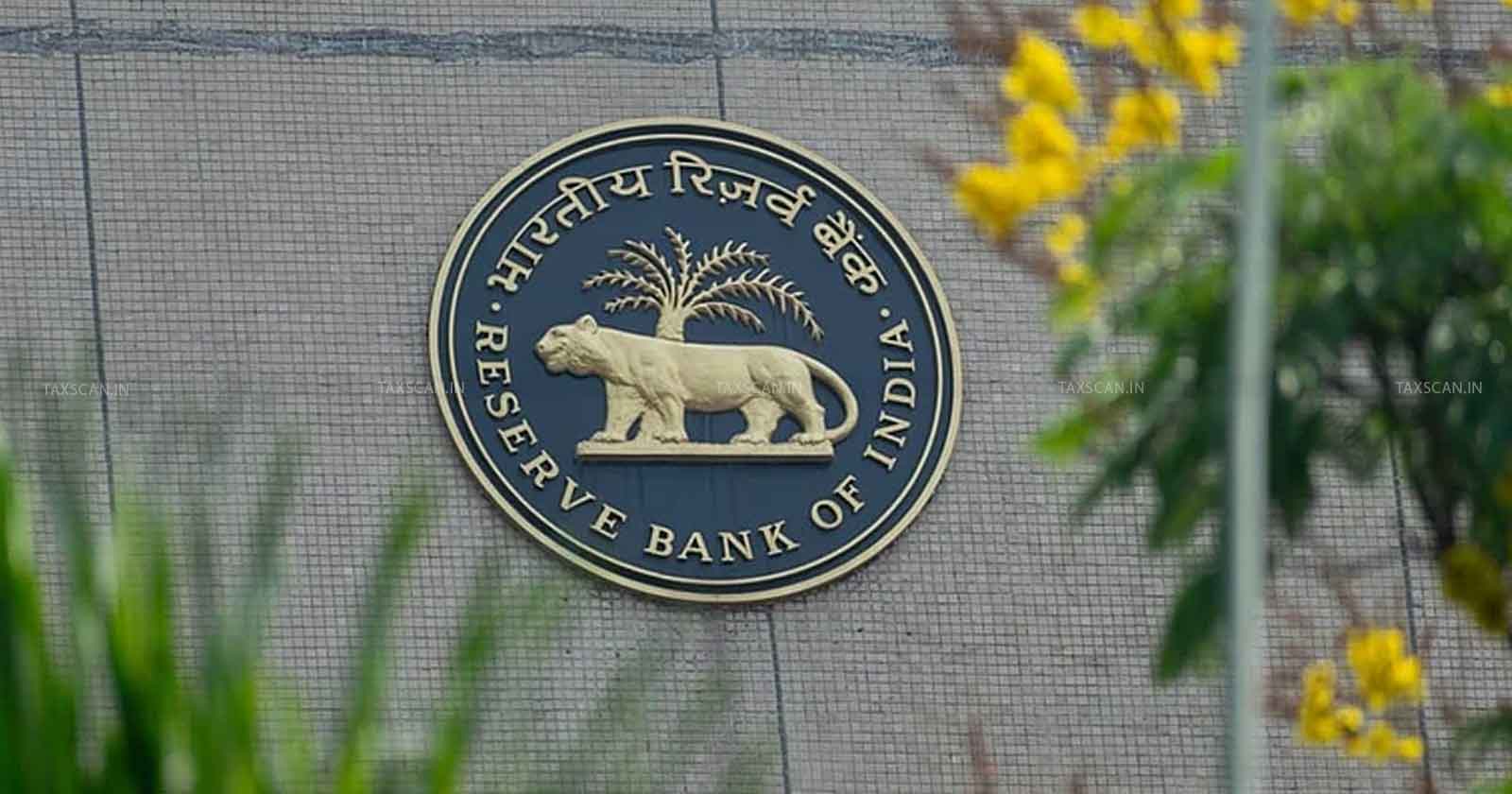RBI Clarifies Prudential Treatment of PSL Shortfall Contributions by Urban Co-operative Banks [Read Notification]
RBI exempts PSL shortfall contributions by Urban Co-operative Banks from exposure limits while retaining 100% risk weight for capital adequacy
![RBI Clarifies Prudential Treatment of PSL Shortfall Contributions by Urban Co-operative Banks [Read Notification] RBI Clarifies Prudential Treatment of PSL Shortfall Contributions by Urban Co-operative Banks [Read Notification]](https://images.taxscan.in/h-upload/2025/06/10/2041963-rbi-banks-shift-bankin-domains-october-31-taxscan-1-1.webp)
The Reserve Bank of India (RBI) issued notification dated June 9, 2025, providing much-needed clarity on the prudential treatment of contributions made by Urban Co-operative Banks (UCBs) to development finance institutions, in cases where they fall short of meeting Priority Sector Lending (PSL) targets.
Know How to Investigate Books of Accounts and Other Documents, Click Here
As part of regulatory compliance, banks that fail to achieve PSL targets are required to contribute the shortfall amount to specific funds set up by institutions such as the National Bank for Agriculture and RuralDevelopment (NABARD), National Housing Bank (NHB), Small Industries Development Bank of India (SIDBI), and Micro Units Development and Refinance Agency (MUDRA) Ltd.. In its latest directive, the RBI has now clarified that such contributions will be excluded from the calculation of exposure limits under the prudential norms applicable to UCBs.
This is a important shift from earlier interpretations, as it directly addresses concerns that PSL shortfall contributions could consume a large portion of a bank’s allowed exposure to a single borrower or group, potentially limiting their lending operations. Under current exposure norms, UCBs are restricted to exposures not exceeding 15% of their Tier-I capital for a single borrower and 25% for a group of connected borrowers.
By exempting PSL-related contributions from these caps, the RBI has effectively freed up lending capacity for UCBs, enabling them to continue servicing borrowers without regulatory overhang. This move is expected to be particularly beneficial for smaller co-operative banks, which operate under tighter capital constraints and often serve niche or underserved markets.
 Also Read:RBI Revises Qualifying Asset Criteria for NBFC-MFIs to Ensure 60% Microfinance Loan Composition
Also Read:RBI Revises Qualifying Asset Criteria for NBFC-MFIs to Ensure 60% Microfinance Loan Composition
The RBI has also explained that these contributions are excluded from exposure calculations but they will not be risk-free from a capital adequacy standpoint. Such contributions will continue to be classified under the category of “all other assets”, attracting a 100% risk weight as per the capital adequacy norms outlined in the RBI’s earlier circular dated April 25, 2001. This ensures that banks remain adequately capitalized against these exposures, preserving overall systemic resilience.
These regulatory changes are effective immediately and form part of the RBI’s ongoing efforts to strike a balance between prudential oversight and enabling inclusive financial growth. By providing operational flexibility while maintaining safeguards, the central bank aims to reinforce the role of UCBs in extending credit to priority sectors such as agriculture, housing, micro and small enterprises, and weaker sections of society.
Support our journalism by subscribing to Taxscan premium. Follow us on Telegram for quick updates


